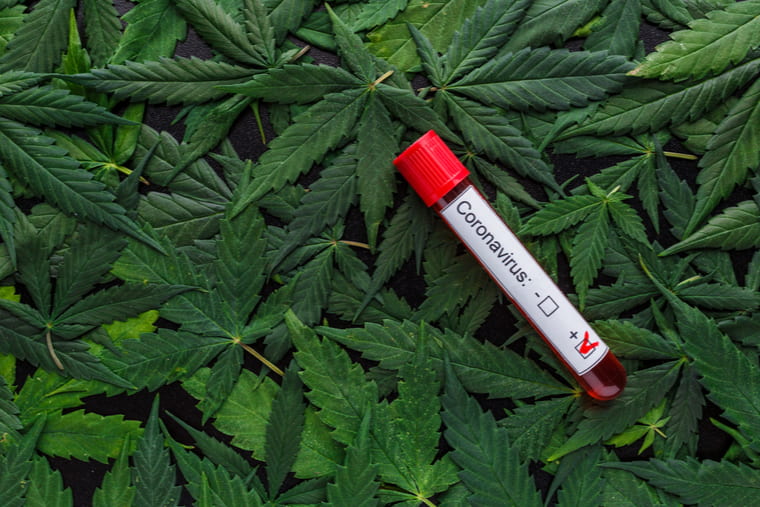Research indicates problematic marijuana use is correlated with poorer COVID-19 outcomes
Should doctors take particular care to talk to patients about the potential dangers of COVID-19 if those patients have a problematic relationship with pot?
New research from Washington University in St. Louis suggests perhaps they should.
Diabetes, obesity and a history of smoking cigarettes are all considered risk factors for poorer COVID-19 outcomes. Warnings and tailored information are targeted to people with these conditions, and doctors are acutely aware of the elevated risks they pose.

Findings from the lab of Ryan Bogdan, PhD, associate professor in the Department of Psychological & Brain Sciences in Arts & Sciences, suggests cannabis use disorder (CUD) should be added to the list because the genetic predisposition to CUD is overrepresented in people with poor COVID-19 outcomes. More work is needed to determine if there is direct causation.
The research is in press in the journal Biological Psychiatry: Global Open Science.
“As sociocultural attitudes and laws surrounding cannabis use become increasingly permissive, and COVID-19 continues to spread, we need to better understand how cannabis use as well as heavy and problematic forms of use are associated with COVID outcomes,” Bogdan said.
